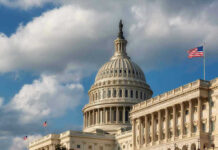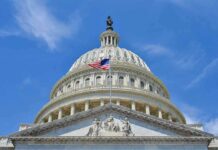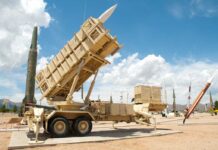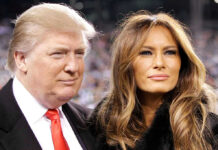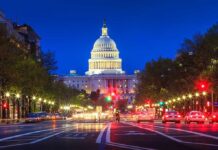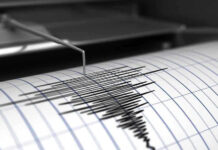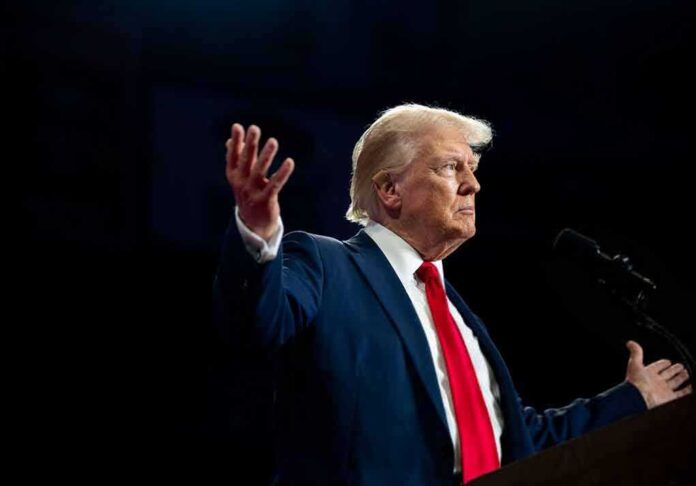
President Trump’s push to officially designate Antifa as a domestic terror organization is gaining momentum in the House, while media outlets scramble to defend the violent group using the same tired arguments they once used to downplay al-Qaeda’s threat structure.
Story Highlights
- Trump supports House legislation to designate Antifa as domestic terror organization
- Rep. Anna Paulina Luna’s bill receives Speaker support for expedited action
- Media defends Antifa’s decentralized structure despite years of documented violence
- Designation would enable enhanced surveillance and RICO prosecutions against members
Trump Administration Backs Terror Designation
President Donald Trump expressed strong support for designating Antifa as a domestic terror organization, aligning with House Republicans who are fast-tracking legislation introduced by Rep. Anna Paulina Luna. The President’s backing comes after years of Antifa violence that peaked during the 2020 riots following George Floyd’s death. Trump has indicated the designation could enable RICO charges against the organization and its affiliated groups. The House leadership announced expedited consideration of Luna’s bill, which will be incorporated into the State Department reauthorization legislation.
Legislative Momentum Builds Against Violent Extremism
Rep. Anna Paulina Luna’s legislation, originally introduced in January 2023, has gained significant traction with Speaker support for immediate House action. The bill builds upon previous efforts by Senators Bill Cassidy and Ted Cruz, who introduced a 2019 resolution condemning Antifa’s violent tactics. The current legislative push represents a coordinated effort to provide law enforcement with enhanced tools to combat domestic terrorism. House Republicans view the designation as essential for addressing organized left-wing violence that has plagued American cities.
Media’s Predictable Defense Strategy
Mainstream media outlets are deploying familiar talking points to shield Antifa from terror designation, emphasizing the group’s supposedly decentralized structure. These same arguments were used to downplay al-Qaeda’s organizational capabilities in the early 2000s, despite clear evidence of coordinated attacks and shared ideology. Legal experts and political analysts note that decentralized networks can still constitute terrorist organizations under federal law. The media’s reluctance to acknowledge Antifa’s organized violence reflects broader bias against addressing left-wing extremism while amplifying concerns about right-wing groups.
Constitutional Concerns and Civil Liberty Impact
The terror designation raises important questions about balancing public safety with constitutional protections for assembly and free speech. Conservative supporters argue the designation specifically targets violent criminal activity, not protected political expression or peaceful protest. Law enforcement agencies would receive additional resources and surveillance capabilities to monitor and prosecute Antifa members engaged in terrorism. Critics worry about potential overreach, though supporters note existing safeguards that distinguish between lawful political activity and criminal violence threatening public safety.
The designation represents a significant shift in how federal authorities approach domestic extremism, potentially reshaping the landscape for addressing organized political violence. If successful, the legislation could serve as a model for confronting other domestic terror threats while strengthening law enforcement’s ability to protect American communities from ideologically motivated violence.
Sources:
Antifa Designation as Terror Organization to See House Action
Cassidy Statement on Trump Designating Antifa as Domestic Terrorists
Presidential Action on Designating Terror Organizations



